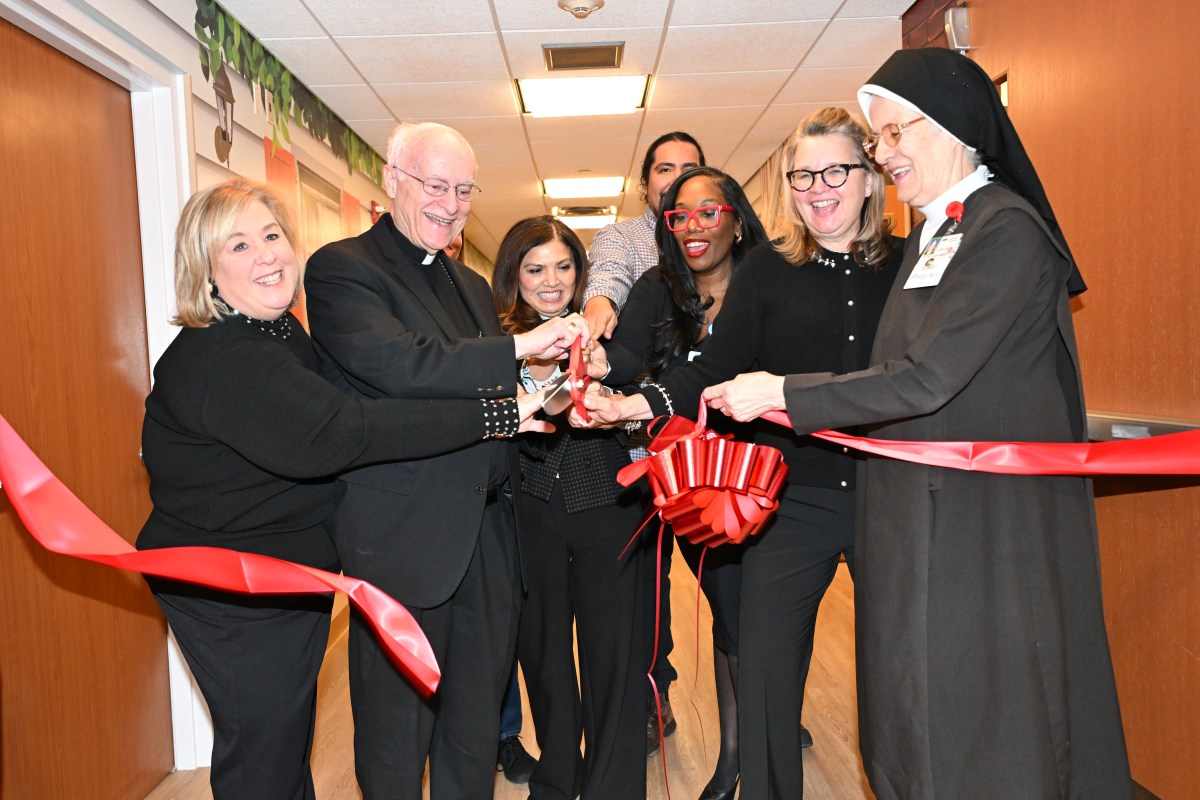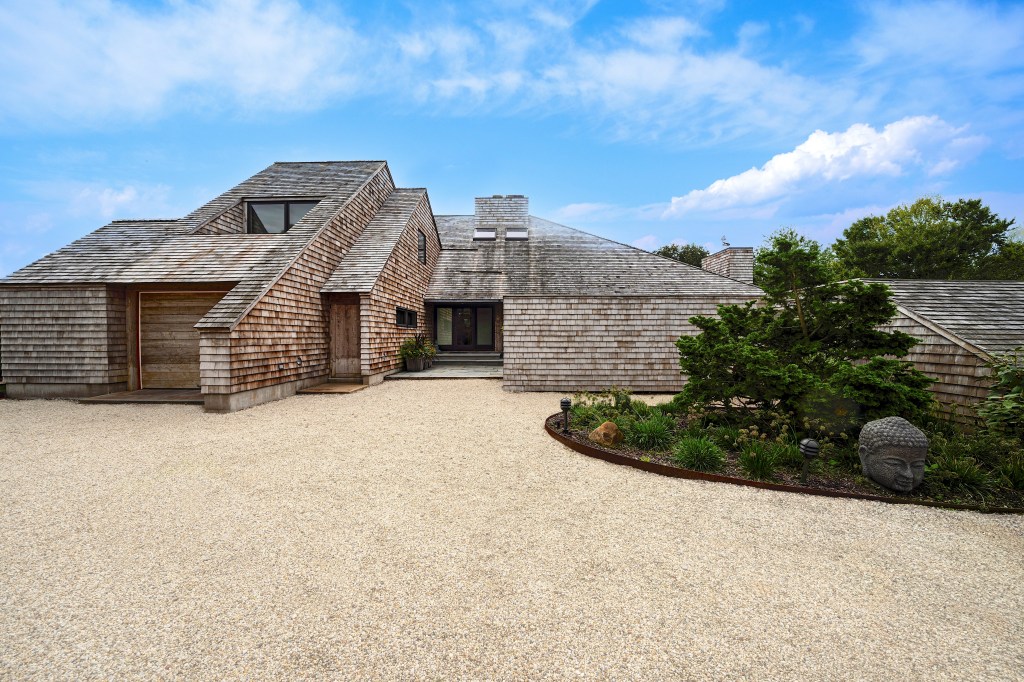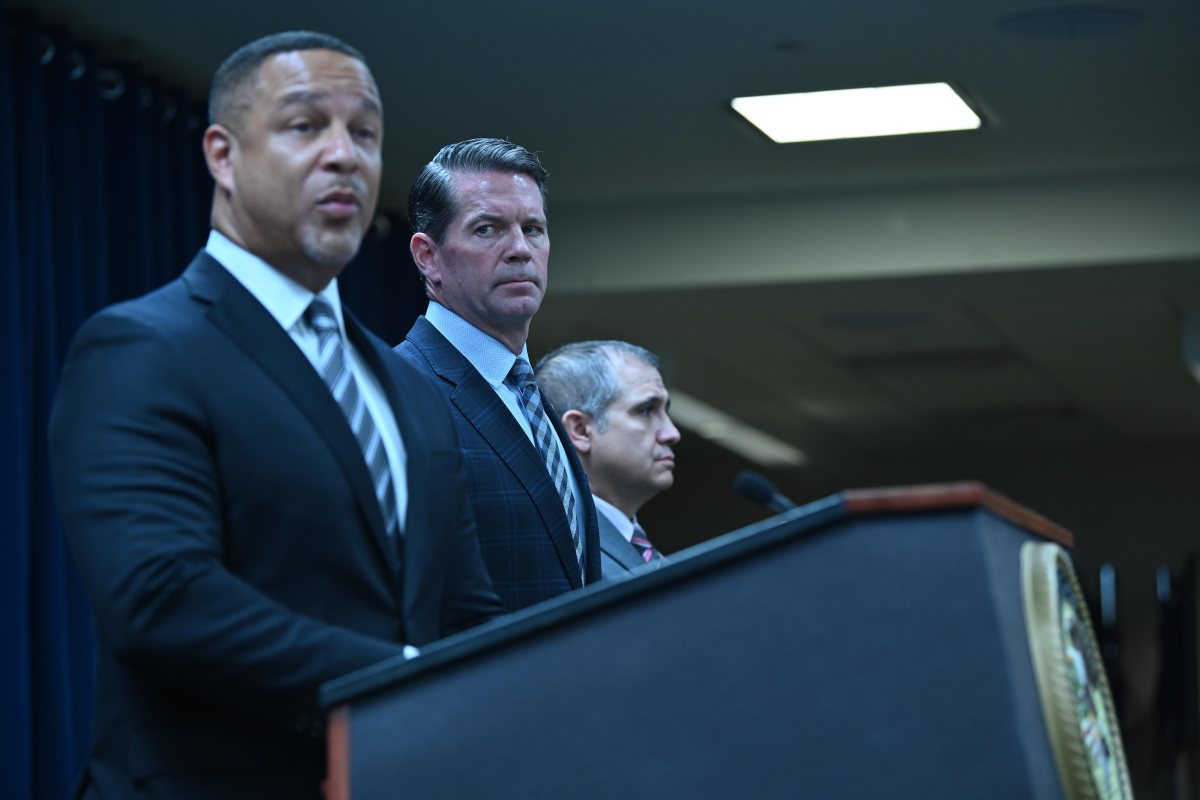Southold Victorious in Court; East End Deer Cull Begins

A State Supreme Court judge on Wednesday denied an attempt by The Wildlife Preservation Coalition of Eastern Long Island to block Southold Town from contributing $25,000 to a deer cull on the East End, during the same week the cull got underway.
The coalition sought to enjoin Southold from giving cash and from contracting with the Long Island Farm Bureau, which initiated the cull with grant money. The cull is being carried out by U.S. Department of Agriculture sharpshooters. USDA spokeswoman Tanya Espinosa confirmed Friday that the cull began on private property this week. The maximum number of deer that can be taken will be determined by the New York State Department of Environmental Conservation.
According to DEC spokeswoman Aphrodite Montalvo, the DEC has issued 12 deer damage permits related to the cull, and another six permits are pending. The permits, which are valid from February 1 through April 31, have been distributed in the towns of Riverhead, Southold and Southampton. There have been 500 deer tags issued for the cull, and when those are exhausted more will need to be requested from the DEC.
On the South Fork, no municipalities voted to participate in the cull this year, but private landowners still had the option to participate. In Southold, though the town contributed $25,000 to the effort, no public land is being used.
Southold Town Supervisor Scott Russell said Friday afternoon that the cull is focused on privately owned agricultural land. When it comes to municipal land, there are 360 acres of town-owned land in Southold that are already subject to an annual hunt, plus an additional 320 acres of land owned by Suffolk County or jointly owned by the town and county. He said the town does not expect bringing in federal sharpshooters to those lands would radically change the numbers when it comes to the deer population. Plus, the hunt is sponsored by the Long Island Farm Bureau. “It’s only appropriate that it takes place on farmland.”
Russell himself said he does not know where the sharpshooters will be specifically, nor when. And the locations will not be made public. “A public hunt isn’t a safe hunt,” he said, explaining that there are concerns of disruptions from protestors.
Regarding Southold’s victory in court Wednesday he said, “It just shows that Southold did everything it was supposed to do,” when it comes to the State Environmental Quality Review Act. The Wildlife Preservation Coalition tried to stop the town’s participation in the cull on the grounds that the town board did not meet SEQRA requirements when considering the impact of the cull.



